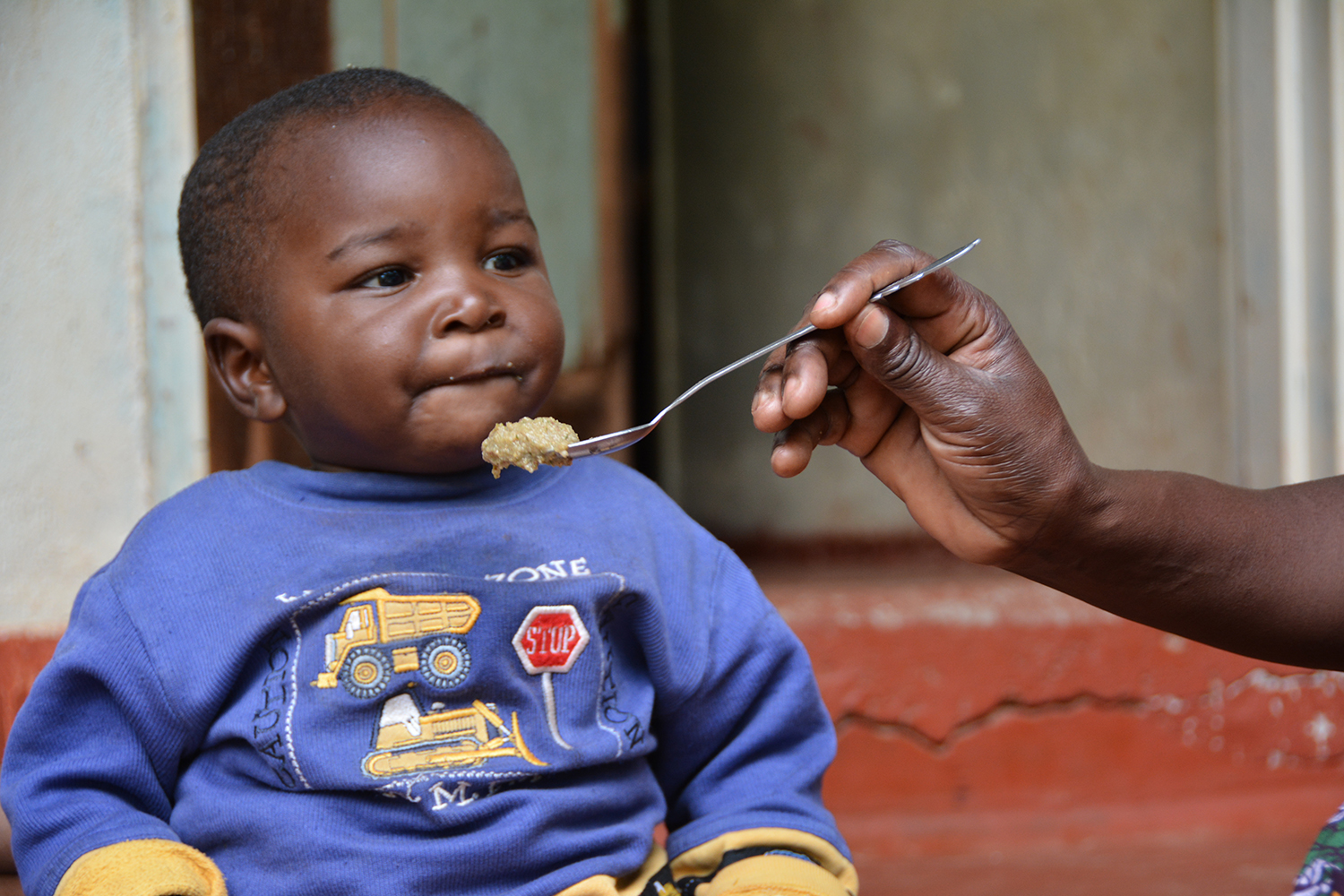Health and Nutrition
What we want to do:
We want all children in Mali to enjoy good health. We working towards this by:
- Increasing the number of children who are protected from disease
- Increasing the number of children who are well nourished
- Ensuring children and their caregivers have access to essential health services
What is the problem?
Climate change is reducing families’ incomes and their abilities to provide for the nutritional requirements of their children. Decreased income is resulting in higher levels of malnutrition in children under 5. Insecurity in parts of the country making access to already overtaxed basic health services nearly impossible. The cumulative effect of these problems is that more children under 5 are dying of preventable diseases such as Malaria, Diarrhea and Pneumonia.
How is World Vision addressing the issues?
We are working with the government of Mali and community partners to:
- Establish community support groups to increase awareness of proper care and feeding practices of infants and young children, such as the importance of exclusive breastfeeding for the first six months.
- Monitor the health and growth of young children, providing training and support services for children who show signs of malnutrition.
- Support pregnant women with training and access to maternal health services.
- Support young children and lactating women with training and knowledge on proper breastfeeding and infant feeding techniques as well as information and signs to look for in case of illness.
Is what World Vision doing working?
Yes! The percentage of children in Malaria-prone areas sleeping under Long-Lasting Insecticide Treated bed nets increased from 67.6% in 2017 to 76% in 2017; the number of children who are malnourished is decreasing (from 28.5% in 2016 to 22.8% in 2017), and the percentage of children who are exclusively breastfed for the first six months of life is increasing (from 55.6% in 2016 to 67% in 2017).
What’s the impact?*
- 20,759 children are having their growth monitored.
- 2,050 insecticide-treated long-lasting bed nets distributed to vulnerable children and pregnant mothers
- 79 Citizen Voice in Action groups were set up to inform community members of their rights and to improve public health services through advocacy
*Numbers from 2016 and 2017
Related Resources
- Learn how our emergency response is providing for the food and nutritional needs of families in Central Mali.
